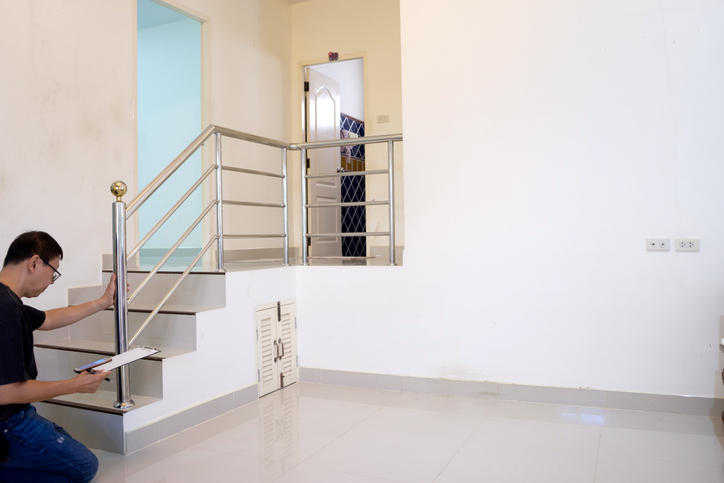For landlords, accurate property assessments are a fundamental part of managing a successful rental business. Whether you own a single rental unit or multiple properties, regularly assessing their condition and value ensures you stay competitive in the market while protecting your investment. In this blog, we’ll explore why accurate property assessments are crucial and how they can help landlords optimize rental income, attract quality tenants, and maintain their properties efficiently.
Setting Competitive Rental Rates
One of the biggest challenges landlords face is determining the right rental price for their property. Setting the rent too high can discourage potential tenants, leading to prolonged vacancies and lost income. On the other hand, underpricing a rental unit means leaving money on the table and potentially attracting tenants who may not be the best fit. This is where accurate property assessments play a crucial role.
A thorough assessment helps landlords evaluate their property’s market value based on key factors such as location, amenities, condition, and current rental trends. By comparing similar properties in the area, landlords can ensure their pricing remains competitive while maximizing their income. Additionally, an accurate rental valuation allows for strategic pricing adjustments over time, keeping up with market fluctuations and tenant demand. A well-priced property attracts tenants quickly and helps secure long-term, stable rental income.
Identifying Maintenance and Repair Needs
Regular property assessments are essential for maintaining a rental’s condition and preventing costly repairs. A well-kept property attracts quality tenants and helps landlords avoid unexpected expenses. Small issues can quickly escalate if left unaddressed, leading to major financial burdens. Here are some of the key benefits of regular property assessments:
Early Issue Detection
Catch small problems like leaks, electrical faults, or HVAC inefficiencies before they turn into expensive repairs.
Preventative Maintenance
Regular inspections help landlords stay ahead of wear and tear, extending the lifespan of key property components.
Tenant Satisfaction & Retention
Well-maintained properties lead to happier tenants, reducing turnover and vacancy costs.
Legal & Safety Compliance
Ensuring structural integrity, plumbing, appliances, and safety features (smoke detectors, carbon monoxide alarms) are in good condition helps landlords meet rental property regulations.
By conducting routine assessments, landlords can protect their investment, maintain property value, and create a safe, comfortable living environment for tenants.
Maximizing Rental Income and Property Value
Accurate property assessments help landlords make informed decisions that enhance rental income and long-term property value. A well-maintained and strategically improved property can attract high-quality tenants, justify higher rent, and appreciate over time. Here’s how property assessments can help maximize returns:
Attract Higher-Paying Tenants
Well-kept properties with modern upgrades are more appealing, allowing landlords to charge competitive rental rates.
Identify Strategic Upgrades
Assessments highlight areas where renovations (e.g., updated kitchens, energy-efficient appliances) can boost rental value.
Maintain Long-Term Property Appreciation
Regular upkeep prevents deterioration, ensuring the property retains or increases its market value.
Reduce Costly Vacancies & Turnovers
A property in good condition will likely retain long-term tenants, minimizing lost income from frequent turnover.
By prioritizing routine assessments, landlords can make smart investments in their properties, ensuring steady rental income while increasing their property’s long-term worth.
Landlords risk financial losses without regular assessments due to prolonged vacancies, unexpected repair costs, and missed opportunities to enhance property value.
Implementing a structured approach to property evaluations—whether through personal inspections, professional appraisals, or property management services—ensures landlords stay proactive rather than reactive. GIL can lend a hand with this process. Contact us today for a free property management consultation.

